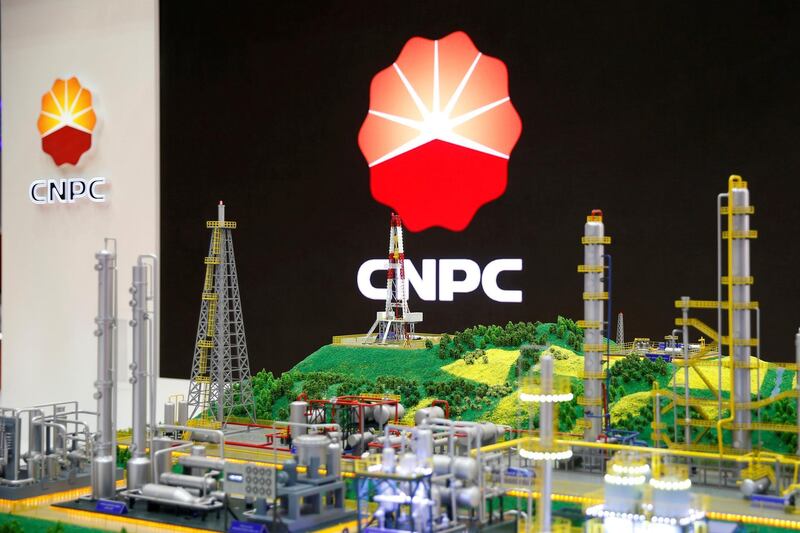Iran’s flagship South Pars 11 project, the $4.8 billion project that Total quit in August, may come to a standstill as the US tightens the compliance noose around countries trading with Iran, analysts said.
China National Petroleum Corporation, which was said to have taken the lead on developing the scheme in the world’s largest gas field, is on its way out, squeezed by pressure from the US, Reuters reported. There has been no official confirmation from either CNPC or the state-owned National Iranian Oil Company.
CNPC's purported exit comes in the wake of the arrest of Meng Wanzhou, Chinese telecoms firm Huawei's chief financial officer and the daughter of the company's founder over allegations of sanctions violations. The diplomatic spat has made Chinese firms more wary of falling afoul of US sanctions, particularly when some energy firms are directly exposed to the US financial markets.
"CNPC would face a complicated situation if it would not comply with the US sanctions [especially when the] shares of PetroChina, a listed arm of CNPC, are currently traded on the New York Stock Exchange and several US entities own these shares,” said Siamak Adibi, senior ga consultant at London-based Facts Global Energy.
US investment bank JP Morgan and affiliated funds own around 7 per cent shares in PetroChina, which are worth a collective $1.4bn.
"Potential non-compliance penalties by the US authorities would create a disaster for PetroChina’s stock in the US financial market,” said Mr Adibi.
Total's joint investment with CNPC and the local Petropars in 2016, following the lifting of nuclear-related sanctions against Tehran, was seen as a big win for the beleaguered Iranian energy sector. Iran has the world’s second-biggest gas reserves after Russia. However, an ageing infrastructure combined with lack of access to latest technology in gas processing under sanctions has stunted the growth of the industry.
_______________
Read more:
Huawei CFO's arrest will divide countries over China and US
Trump says he may intervene as Huawei CFO granted bail in Canada
Quicktake: Behind the detention of Huawei's CFO
______________
Another to blow to CNPC would be the loss of project financing from US banks for Chinese energy firms’ overseas investments, should they fail to comply with US sanctions.
"So CNPC has no choice,” he added.
Iran may now choose to work with the local Petropars to complete the first phase of the project, with the second - a more technically complex phase - being held out until the lifting of sanctions.
The exit of CNPC, if confirmed, will deal the final blow to Iran’s ambitions to become a major condensate exporter, which was its slated aim when developing the massive scheme alongside Total andPetropars. Condensate is a liquid found associated with gas that fetches a higher price than crude because it is easier to refine into products. The latest wave of sanctions, which came into effect on November 5, also target the sale of condensate unlike the Barack Obama-era embargo, which exempted the liquid. With increasing restrictions, it makes little economic and commercial sense for Iran to undertake the massive project, which required foreign expertise.
However, Iran may decide to nix the project altogether.
“There may be reasons why they may not proceed with developing it single-handedly, one is that they will not need extra gas or phases to be developed, if they cannot export associated condensate and NGLs [natural gas liquids] mainly - propane and ethane," said Iman Nasseri, managing director at London-based FGE. "So if they cannot export, they do not need to develop."







